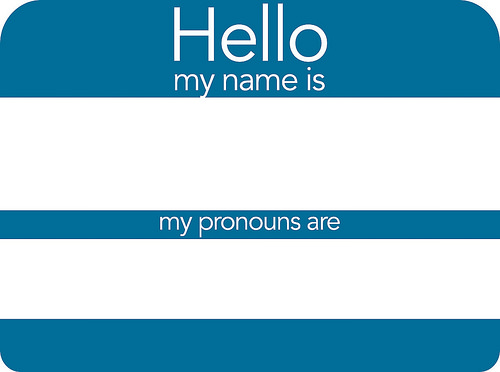“I’m trying to reach Ruthie Carter… Ruthie has been recommended to me by Mary and Jeff. If she could give me a call back …â€

Yup – that was the message that was left on my law firm’s voicemail last night that went to the firm’s partners and our receptionist. I wonder if any of them are going to notice that the caller used my nickname and not my legal name.
When I was in my 20’s I was much more strict about only using “Ruth†in my professional life. I worked at an agency where it wasn’t uncommon to see friends and acquaintances who called me “Ruthie.†If I met you in a social setting, I didn’t care which name you used, but with work colleagues, it was always “Ruth†never “Ruthie.†On more than one occasion, I had to correct our receptionists who tried to get away with using my nickname.
As a lawyer, I always refer to myself as “Ruth†and everyone seems to go with it. This voicemail may be the first time a non-friend referred to me as “Ruthie.†In the caller’s defense, Mary and Jeff call me “Ruthie†so it makes sense – but it was weird to hear. I had to listen to it twice to verify that she said what I thought she said.
Who hires “Ruthie the lawyer?†While mulling this over, I was reminded of the Buzzfeed videos where men shared their impressions of common feminine names and women share their impressions for masculine names.  It was interesting to hear their views of variations of the same name:
- Andrew is a genius. Drew is chill.
- Becky is a freak. Rebecca is in charge of Becky because Becky’s drunk.
- Jacob is a creep. Jake is rugged.
- Nicole and Nikki are both hot. The difference is Nikki will burn your clothes in the front yard when you break up with her.
So what does this mean for me and all the Ruths of the world?
- Ruth is an old stuff Jewish woman (but she also might be the one who mutters the funniest things under her breath). (We’re sassy.)
- Ruthie is a four year-old child with pigtails.
My friend said if Dora the Explorer had a lawyer character on her show, her name would be Ruthie.


